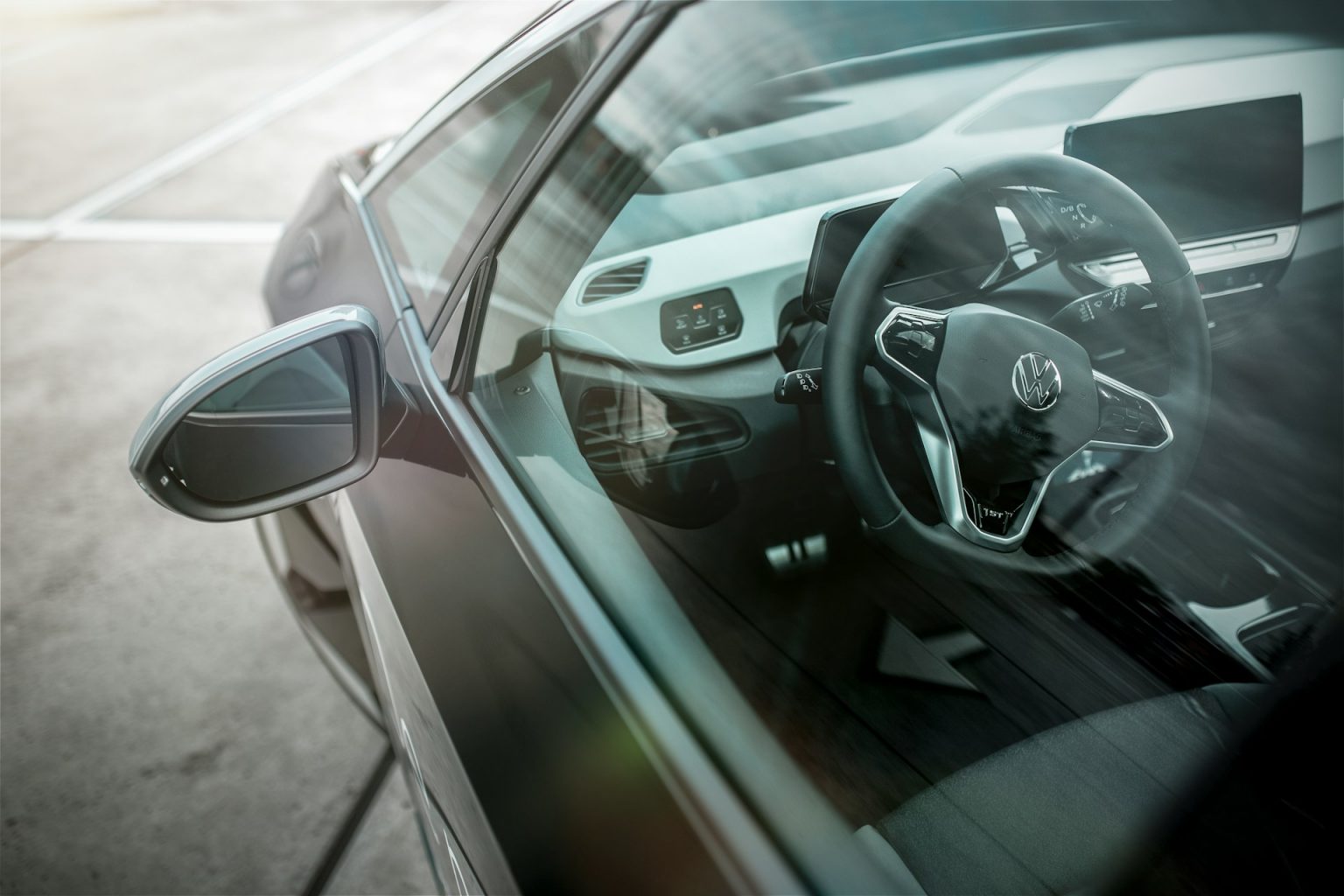The Small and Medium-Sized Enterprises and Economic Union (MIT) is a significant voice within the CDU. The MIT is now calling for equality between electric cars and combustion engines at the EU level, insisting that the entire energy consumption of electric vehicles must be considered.
Electric cars are seen as a crucial element of German and European climate policy. However, electric vehicles are not always more environmentally friendly than combustion engines. Only after 90,000 kilometers of driving are compact class electric cars more climate-friendly than combustion engines. If only green electricity were used, the threshold at which electric cars become cleaner would drop to 65,000 km. Consequently, the EU’s ban on combustion engines is controversial: from 2035, new petrol, diesel, and hybrid cars will no longer be allowed to be registered. A possible option for cars fueled with climate-neutral fuels (E-Fuels) is not yet decided, and its implementation in practice remains entirely unclear.
Economic Wing of the CDU Pressures E-Car Strategy
Even before the EU elections, the CDU demanded the repeal of the controversial ban on combustion engines. However, specific steps have not yet been taken by the newly re-elected EU Commission President Ursula von der Leyen.
Now, internal pressure on the Union to accelerate the issue in Brussels is growing. In a strategy paper by the Small and Medium-Sized Enterprises and Economic Union (MIT), obtained by FOCUS online and adopted by the MIT federal board in July, a strategy of technological openness is demanded. “The climate balance of electric vehicles is politically whitewashed. Consumers are led to believe that electric cars are ‘zero-emission vehicles.’ Combustion engines are demonized. Ideology does not help the climate,” says Gitta Connemann, head of the Small and Medium-Sized Enterprises and Economic Union, to FOCUS online


